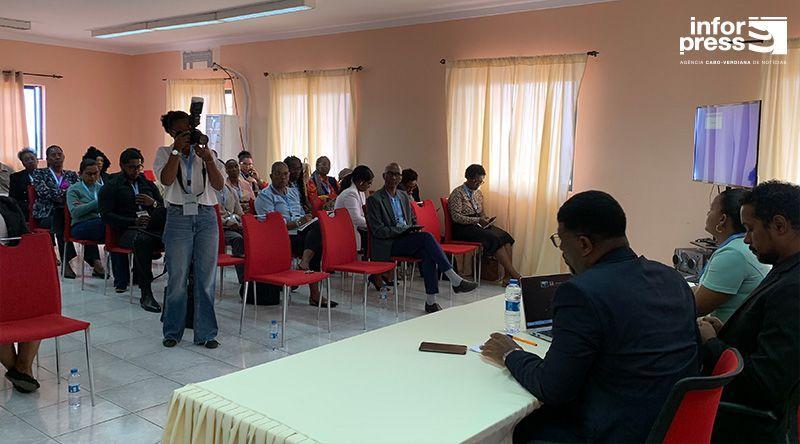Africa-Press – Cape verde. The director of the Santiago Norte Health Region (RSSN), João Baptista Semedo, warned this Thursday about the risks of schistosomiasis, which emerged in 2022 in São Miguel, becoming endemic if the competent authorities do not take action.
This manager was speaking at the workshop on schistosomiasis, which takes place from today to Friday, in the Main Hall of the City Hall of São Miguel with the participation of technicians and health professionals from the six municipalities that make up the region, technicians and researchers in the area of human, environmental and animal health, and community leaders.
“If we don’t do something, there is a risk that this new disease will become endemic,” he warned, proposing “joined efforts” between health authorities, the city council, people involved in the environment and education and the population itself to prevent this infectious disease from spreading throughout society.
The same source recalled that on May 5, 2022, the presence of ‘Schistosoma haematobium’ in the urine of a user was reported for the first time in the country, which triggered an investigation, with the aim of confirming the diagnosis, characterizing the outbreak, identifying the form of transmission and recommending measures for prevention and control.
As reported, since the appearance of the first confirmed cases of schistosomiasis, the health structures of the municipality of São Miguel have continued to report and confirm new cases, with 12 new cases confirmed in January of this year alone.
Regarding the event, he said that the event, held in partnership with the National Institute of Public Health (INSP) and the municipality of São Miguel, aims to analyze the epidemiological situation regarding this disease in São Miguel and Cape Verde, present the studies produced so far on the disease, and outline an intervention plan with the aim of controlling and eliminating it both in this municipality and in the country.
According to him, the organization intends with this technical event to have health professionals with a higher level of knowledge about schistosomiasis disease, achieving greater engagement of stakeholders who will develop actions on the ground.
It is also expected that a set of technical recommendations will be issued that will be implemented with a view to achieving good control and elimination of the disease in the municipality of São Miguel and Cape Verde.
The meeting will address topics such as the causal agent, the types causing the outbreak in São Miguel, the transmission routes, the life cycle of the parasite, diagnosis, treatment and measures to prevent and control the disease, among others.
The World Health Organization (WHO) estimates that approximately 90% of people who need treatment for schistosomiasis live on the African continent. Cape Verde is a country located in West Africa, and until then there had been no reports of the disease.
Schistosomiasis, also known as ‘bilharziasis’, is a parasitic disease caused by worms of the genus Schistosomiasis, and is one of the most common neglected tropical diseases, affecting millions of people in tropical and subtropical regions, especially in areas with poor sanitation and frequent contact with contaminated fresh water.
For More News And Analysis About Cape verde Follow Africa-Press






